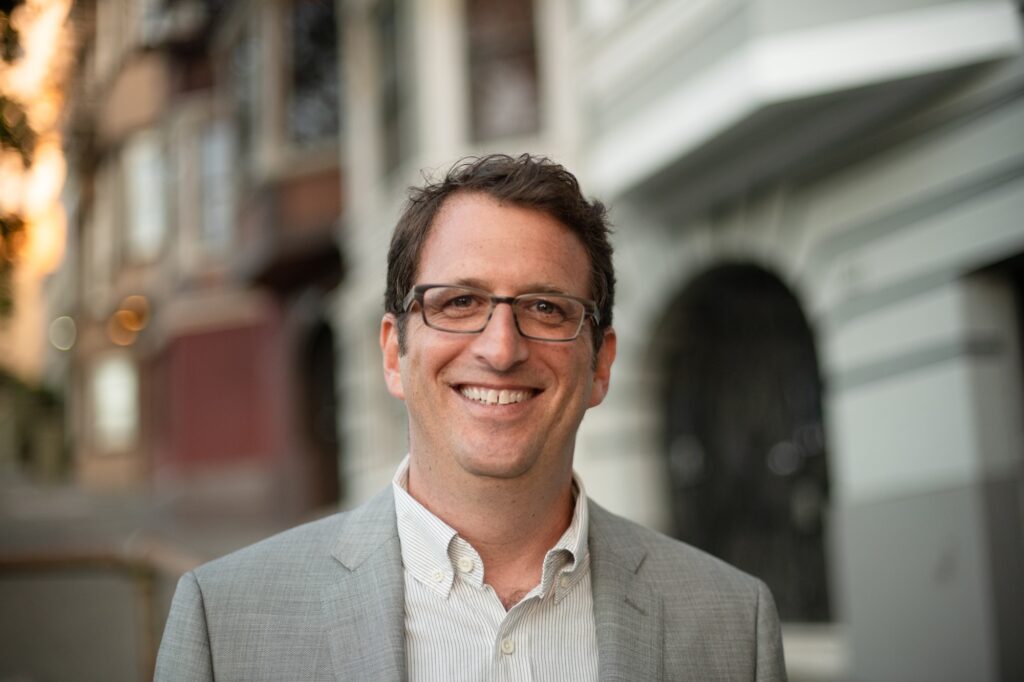San Francisco police are arresting almost as many people for simple drug use as for drug dealing, and those arrests are up by a 600 percent over the past year—but the approach is not getting people into treatment, a new Board of Supervisors study shows.
The study, but the Budget and Legislative Analyst’s Office, compares this city’s opioid policies with those of Zurich, Switzerland, and suggests that a more cohesive program, including safe-use sites and less reliance on arrests, would be far more productive than the current approach.

Sup. Dean Preston, who asked for the study, has proposed that the next administration use the report and its recommendations as a basis for an overhaul of opioid addiction programs in San Francisco.
“The report does a really good job of laying this out,” he told me. “Even if we don’t all agree, we should be able to get all the stakeholders on the same page.”
Among the report’s dramatic findings:
—Since Mayor London Breed has pushed for a more law-enforcement-centered approach to substance use, police have arrested 400 people so far this year on charges of drug use—and 585 people on charges of dealing. That means 40 percent of the arrests were for use, not dealing.
In 2023, just 7 percent of the narcotics arrests were for use, and over the past five years, that number has been as low as 1 percent.

The arrest-first policy has not lead to an increase in people seeking or getting treatment. From the report:
55 percent of the drug use cases charged in 2024 resulted in a bench warrant because the individual did not appear in court, according to the District Attorney’s Office. This translates into 220 drug use cases charged by the DA out of 400 total in which the defendants are not on a pathway to treatment.
“They are just going to wind up back in jail,” Preston told me.
So that’s not working.
—Zurich, on the other hand, has almost entirely eliminated public drug use and open-air dealing. When police encounter drug users in public spaces, they refer them to the three safe-consumption sites the city runs, where there have been zero fatal overdoses:
The city of Zurich operates three safe consumption sites, where individuals can inject, smoke or inhale drugs under the supervision of staff trained in safe consumption techniques, including reversing overdoses. A clean environment and supplies are provided along with areas for socializing and amenities such as snacks and resting areas. Staff will provide information and referrals to visitors about substance use disorder treatment and services such as housing, but enrolling in treatment or use of other services is not a requirement of using the safe consumption sites. The philosophy of the sites’ personnel and Zurich’s approach is acceptance of and support for individuals with substance use disorder, much like treatment of individuals with any disease. They believe that individuals with substance use disorder deserve dignity and the best possible health regardless of whatever stage they are at in their addiction. There have been no fatal overdoses at Zurich’s safe consumption sites.
—The “four pillars” of Zurich’s strategy include prevention, harm reduction, treatment, and law enforcement—and officials involved in all four meet regularly. In Zurich, 75 percent of opioid addicts are in some sort of treatment; in San Francisco, that number is 25 percent.
—Some 40 percent of the people who overdosed on fentanyl in San Francisco and survived say they didn’t know that drug was in the substances they used. In Zurich, it’s relatively easy to get drugs tested for content.
“The safe consumption sites are not just a harm reduction strategy in Zurich,” Preston told me. They are part of an integrated system designed to get people off the streets and into treatment.
It’s not a perfect comparison: Zurich, like many European cities, treats housing a public good and a human right, so there are virtually no homeless people.
But under the four pillars, all of the city officials and stakeholders are part of the same organized system.
In San Francisco, Preston points out, the Department of Public Health is working on harm reduction and treating addiction as a health issue—at the same time the cops are arrested drug users, and the district attorney is treating this as a criminal justice issue. “With so little coordination, it’s no surprise that people are frustrated,” he said.
Preston was ousted from office after a withering two-year attack campaign by billionaires, so he won’t be on the board to seek to implement this strategy.
But it could be a blueprint for the Lurie Administration—if the new mayor wants to use science and data, instead of political posturing, to address the opiod crisis.
‘San Francisco has taken a reactive approach to its drug crisis, launching short-term efforts that have yielded mixed results and have often contradicted each other,” Preston said in a press release. “There has been no comprehensive approach among the relevant departments and stakeholders that includes both short-term and long-term strategies. Fortunately, San Francisco’s sister city Zurich, Switzerland, has created a blueprint and solved a similar crisis using their “Four Pillars” strategy, which is based on comprehensive strategic planning and coordination among various Zurich departments.”
Since the current strategy is failing, perhaps Lurie will consider that it’s worth trying something that works.





